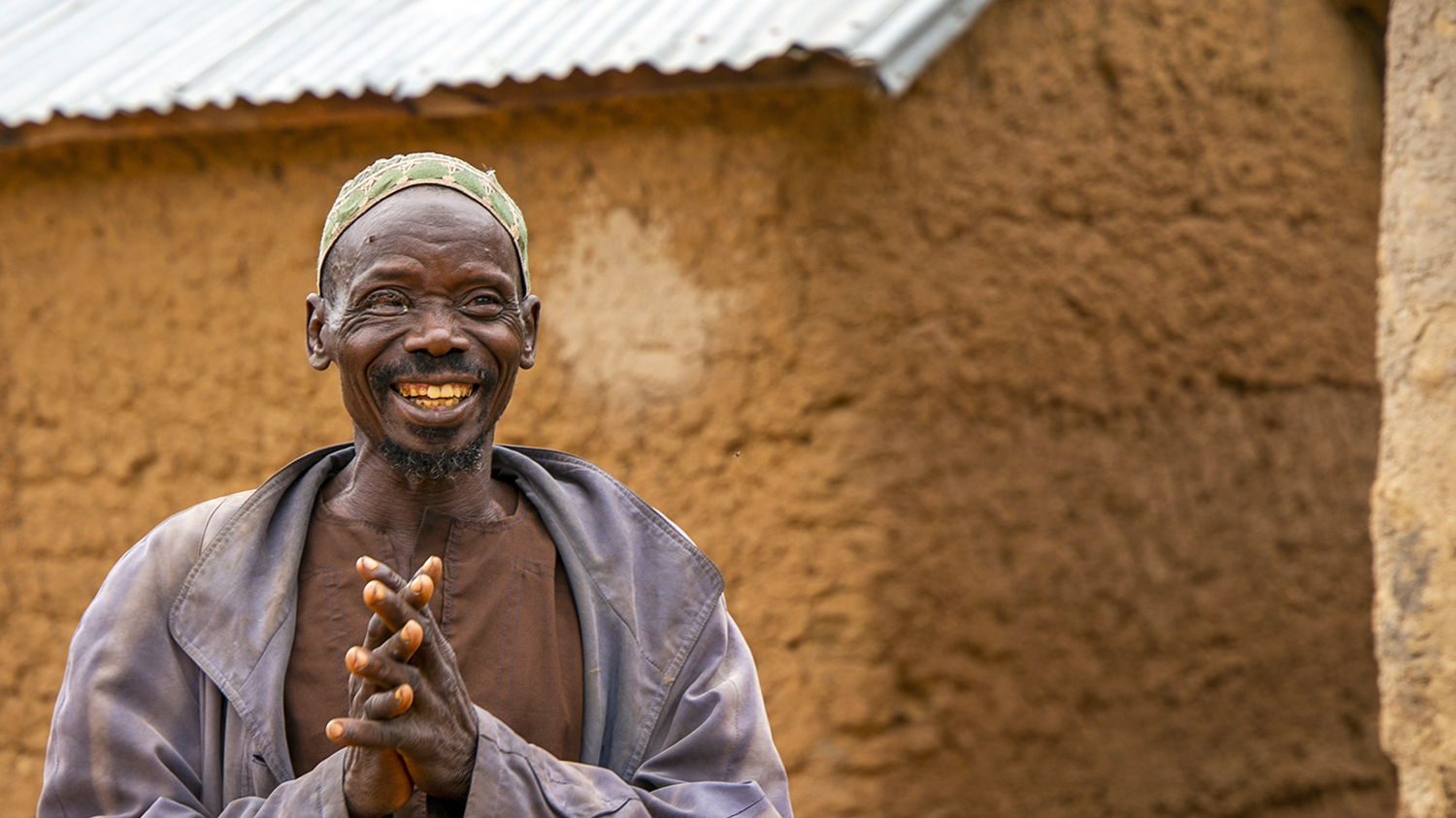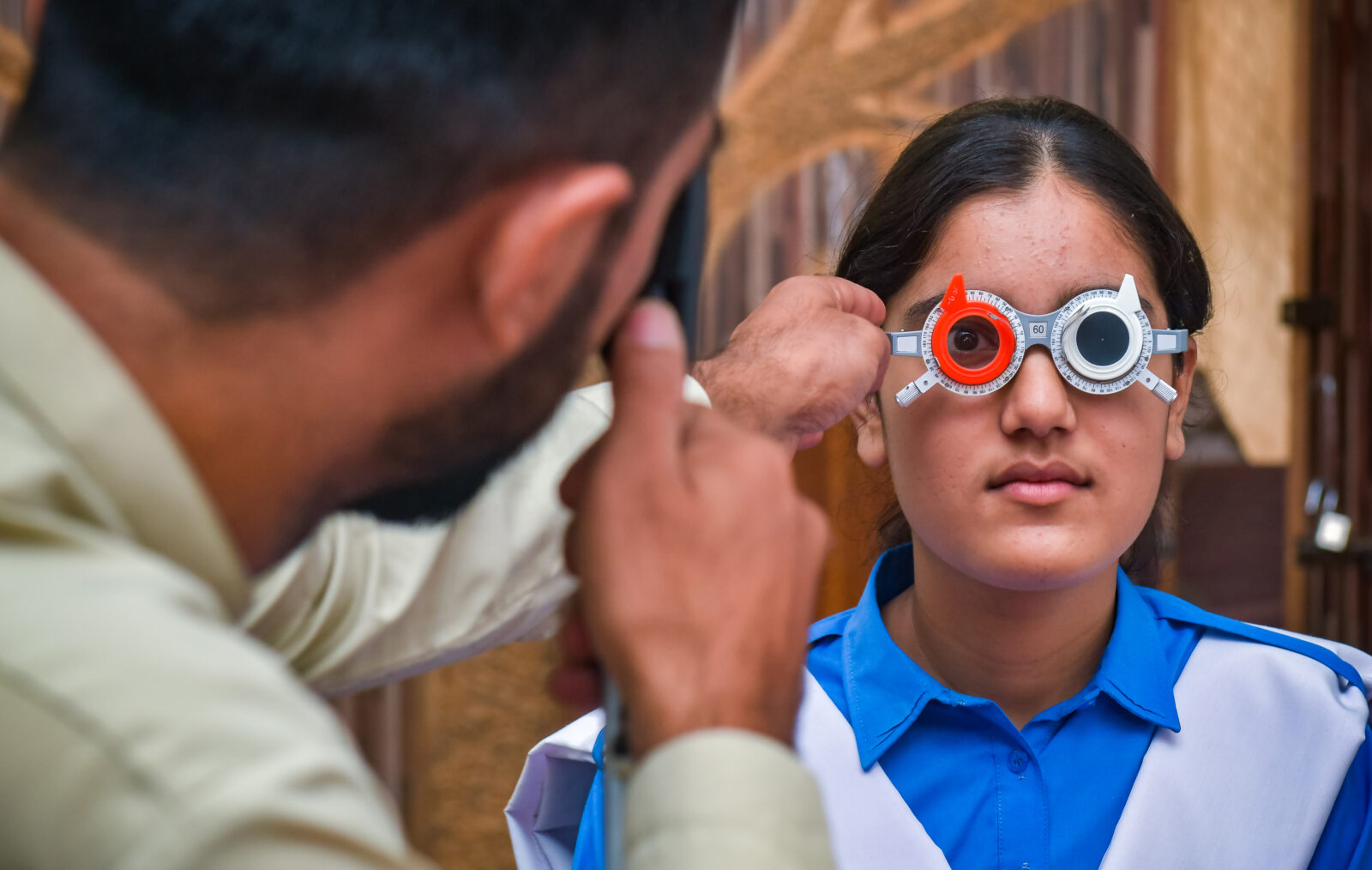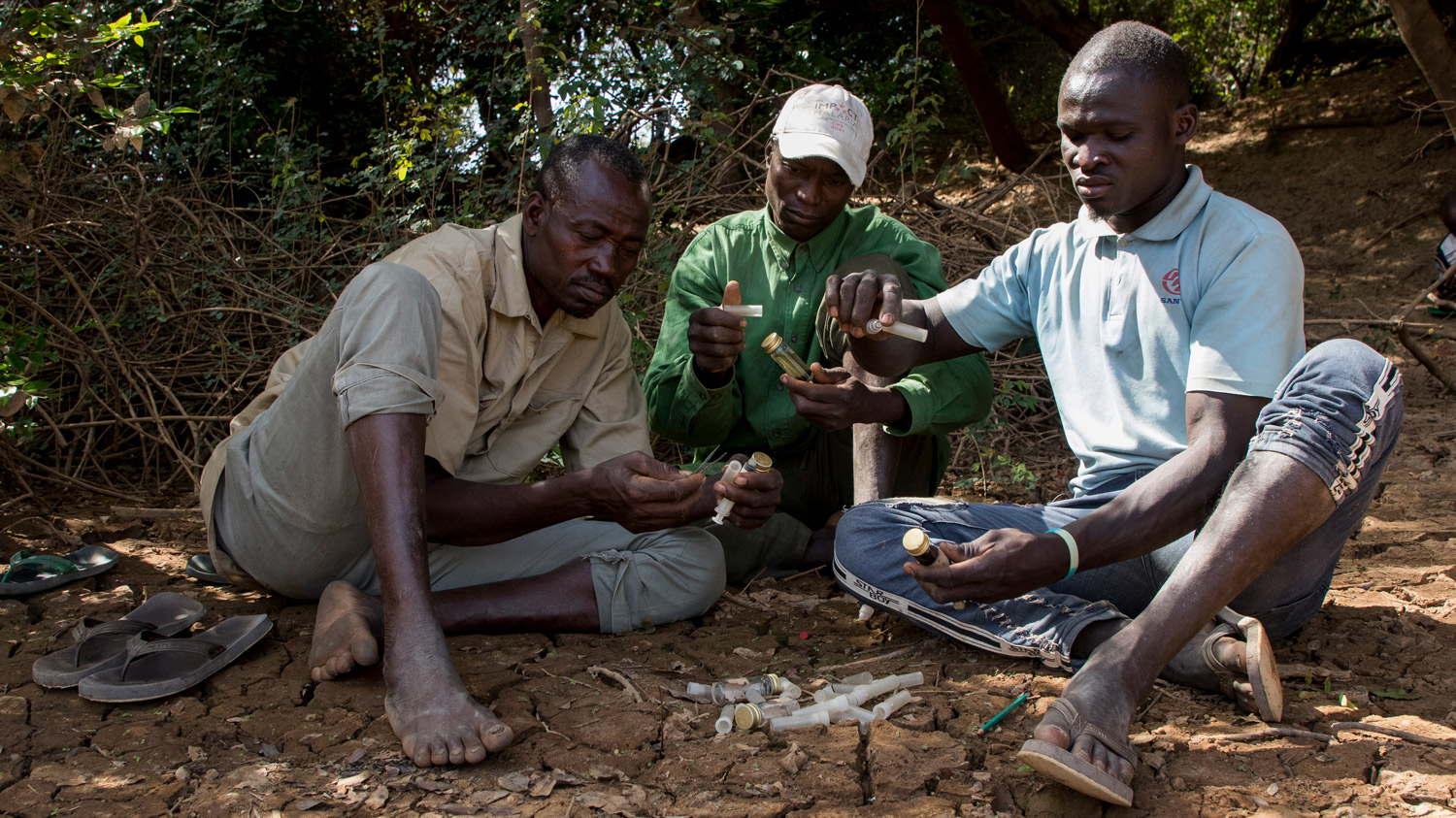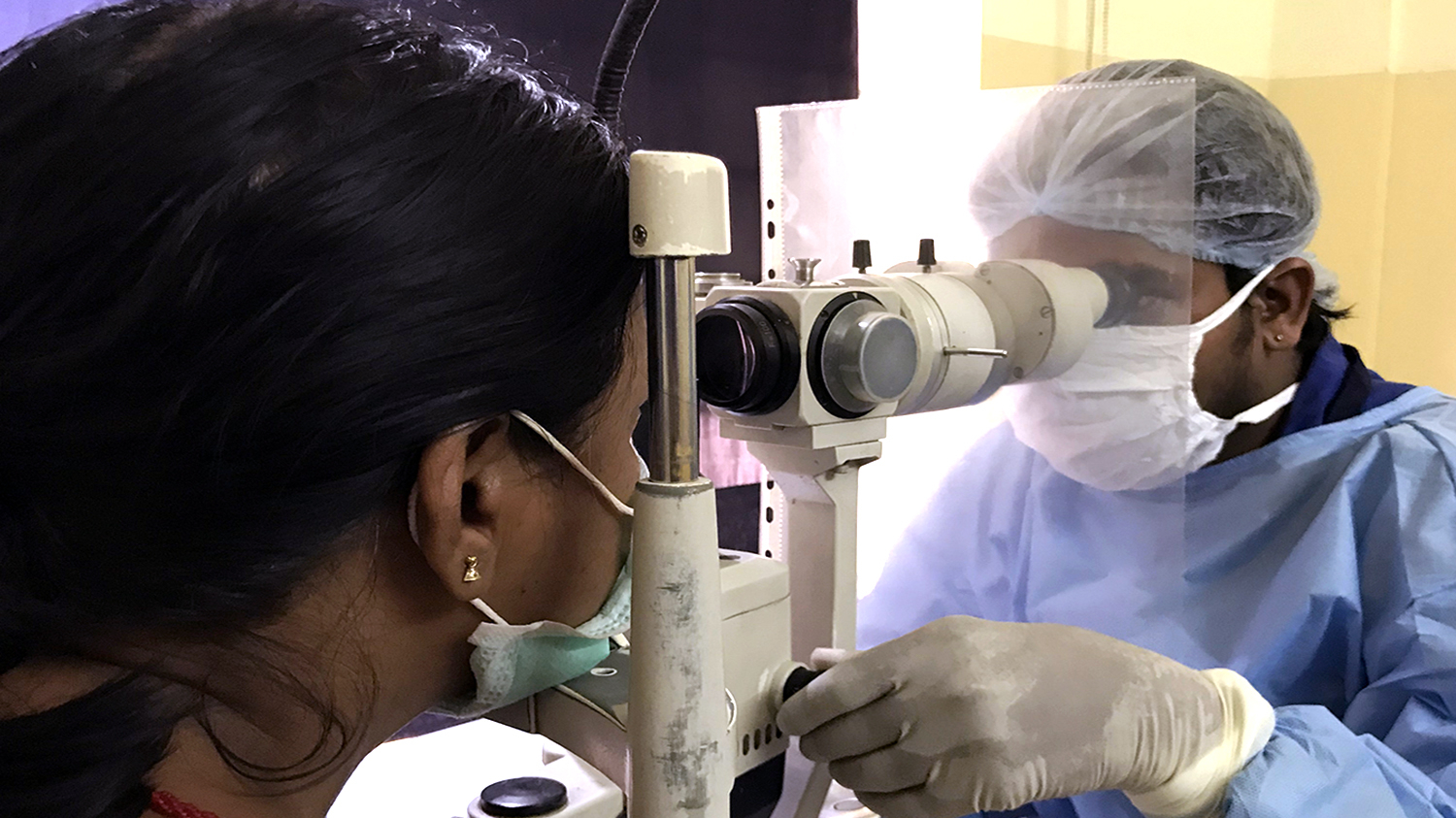Our eyes are complex, and can be vulnerable to conditions that affect our vision and eye health. Here you can learn about the conditions Sightsavers helps to treat and prevent.
Eye conditions: what you need to know
Our eyes play a crucial role in our daily lives, helping us to understand and enjoy the world around us.
However, they can also be affected by a range of health conditions. These can cause pain and vision impairments, and some can lead to permanent blindness.
Understanding these common eye conditions is essential for maintaining good eye health and knowing when to seek treatment when it’s needed. Some of these eye conditions, such as trachoma and cataracts, must be diagnosed and treated quickly to prevent vision loss.
Eye conditions we treat and prevent
How Sightsavers is improving eye health
At Sightsavers, we work hard to prevent avoidable blindness. With the support of our partners, we’re improving eye health in communities across Africa and Asia.
Since our work began in 1950, we’ve helped to provide more than nine million cataract operations, and we’ve helped to distribute more than a billion treatments for diseases such as trachoma and river blindness.
We also work with governments to make health care more inclusive, so it is available to everyone, and we teach communities about the importance of eye tests and good hygiene.
Clear vision can improve education, employment and overall quality of life. Together with our partners and supporters like you, we’re working towards a future where no one suffers from avoidable blindness, and where everyone can get the eye care they need. Learn more about how we protect sight

I’d like to get involved...
Page last reviewed: October 2024
Next review due: October 2027
Learn how we produce our web content





